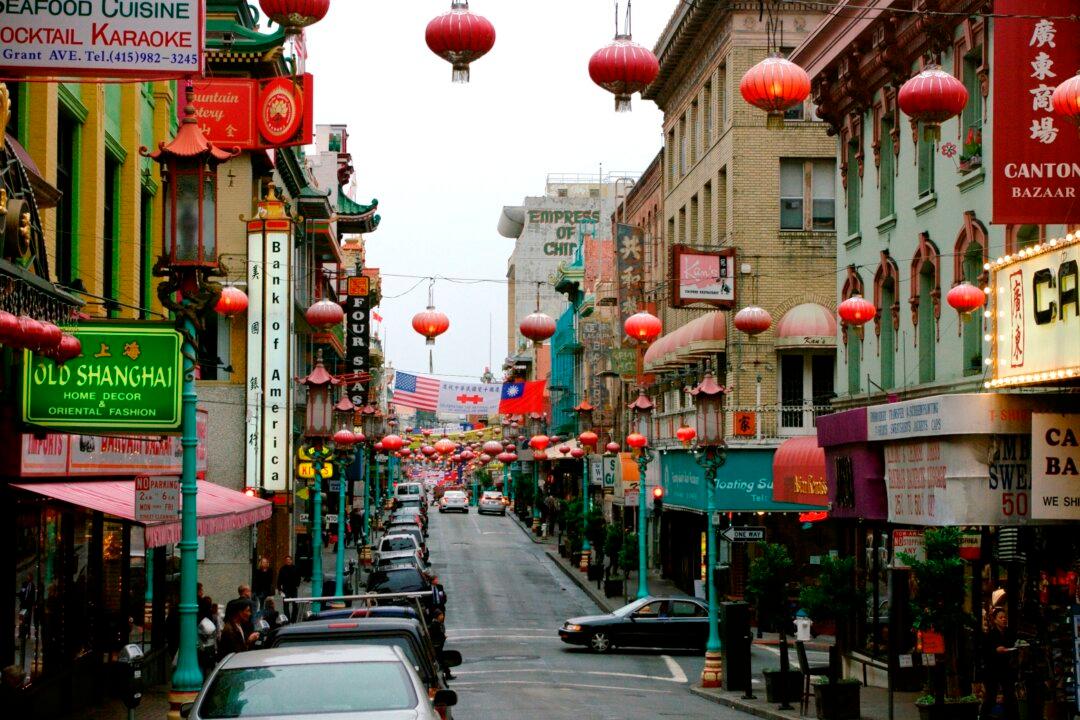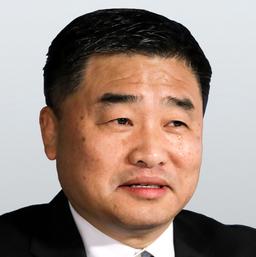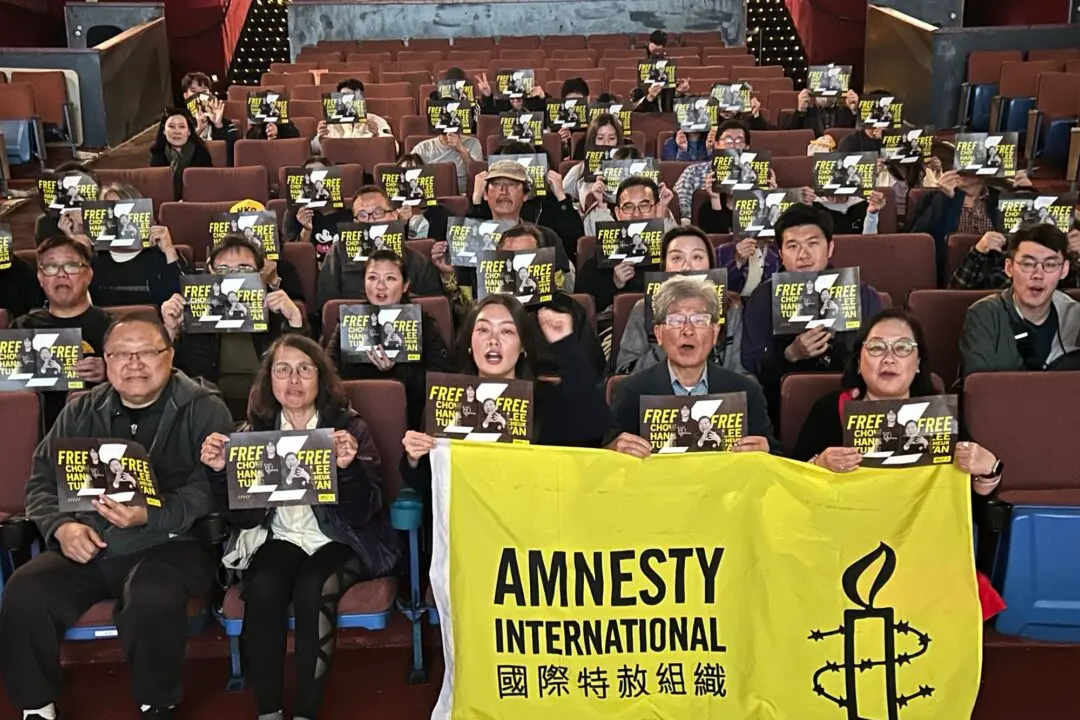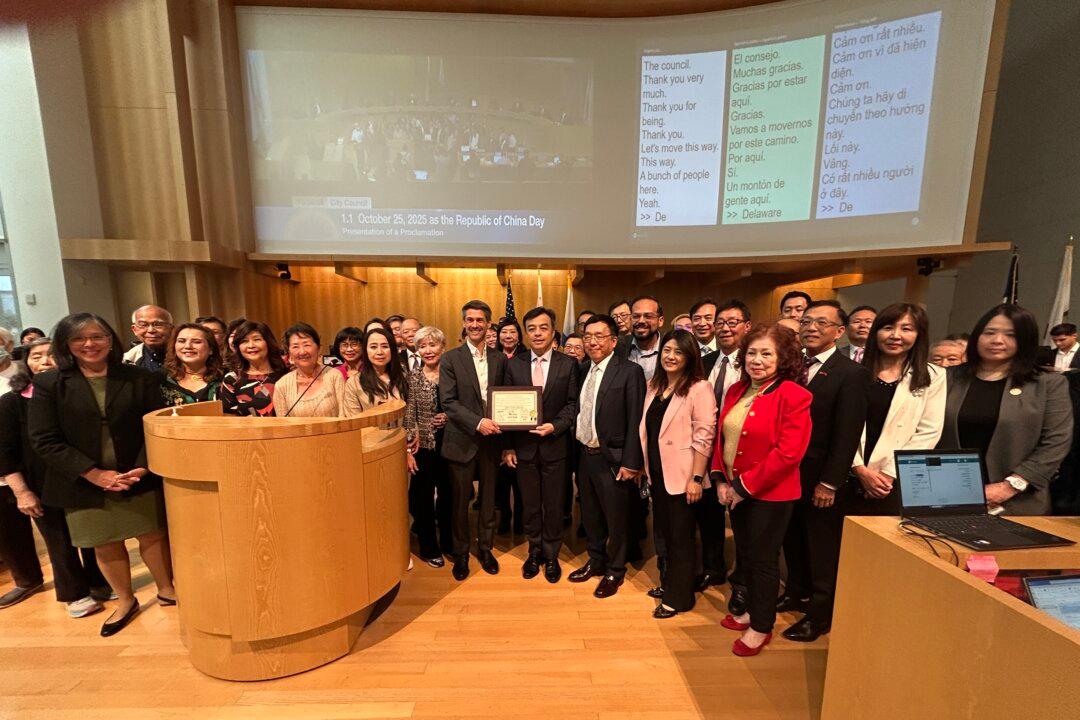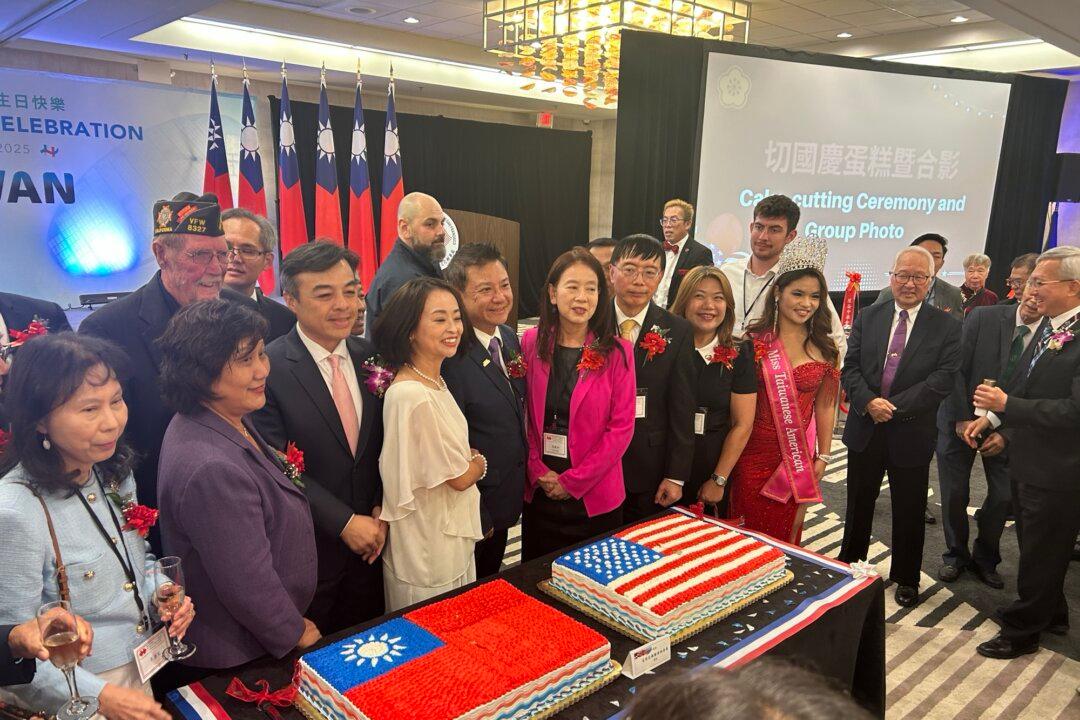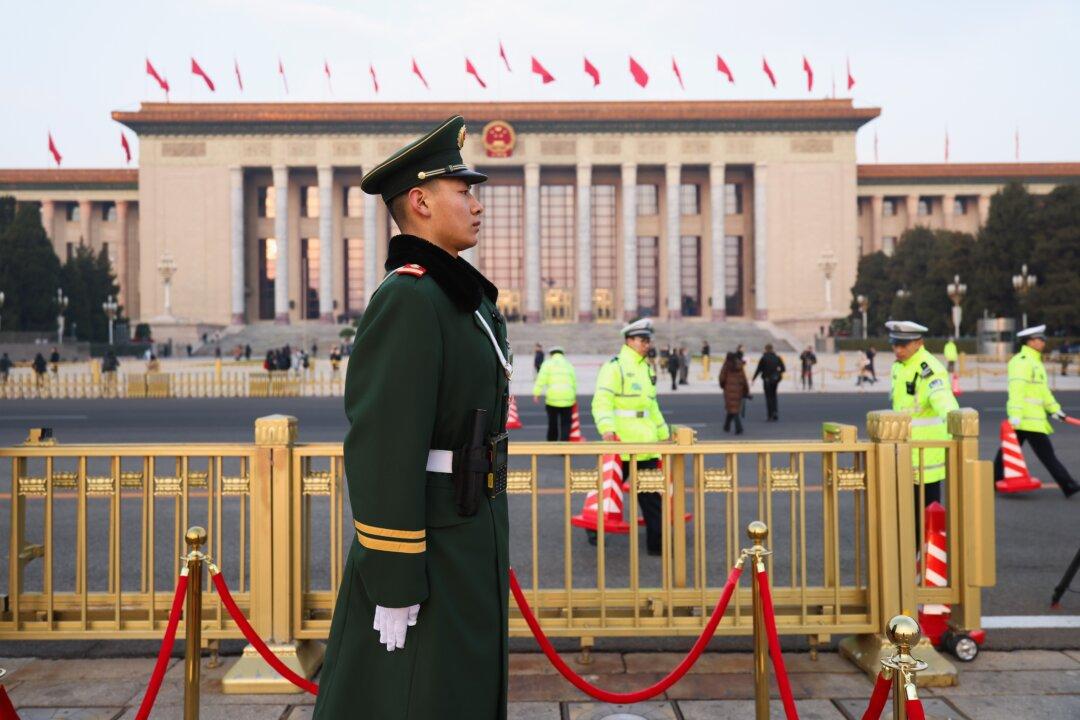SAN FRANCISCO—As the $1.6 billion Central Subway project approaches completion, San Francisco authorities face the controversial decision of whether to name the subway’s Chinatown station after the founding father of Taiwan, or after a political power broker with deep ties to communist China.
To many Chinese-Americans who have both Chinese and American cultural heritages, Sun Yat-Sen, the founding father of the Republic of China (also known as Taiwan), is a perfect figure to represent their cultural backgrounds.
